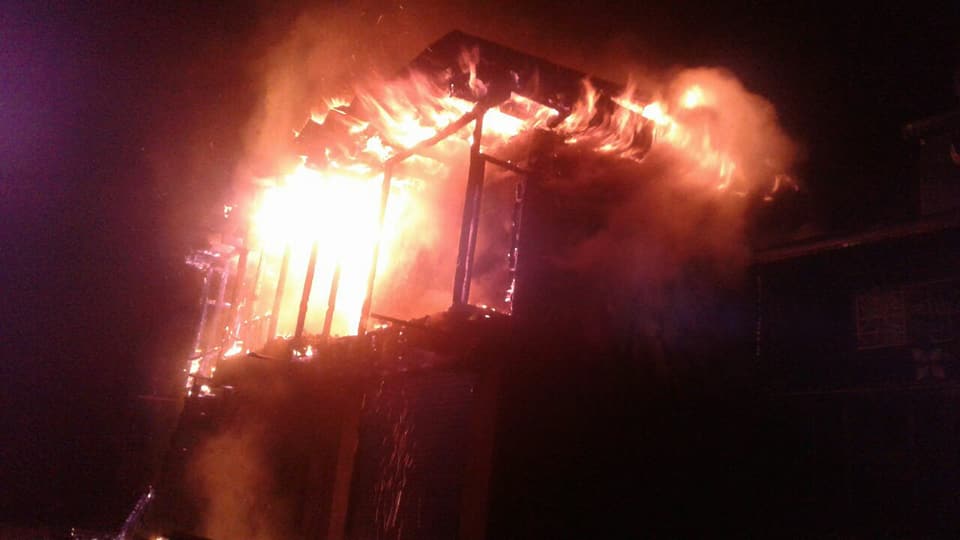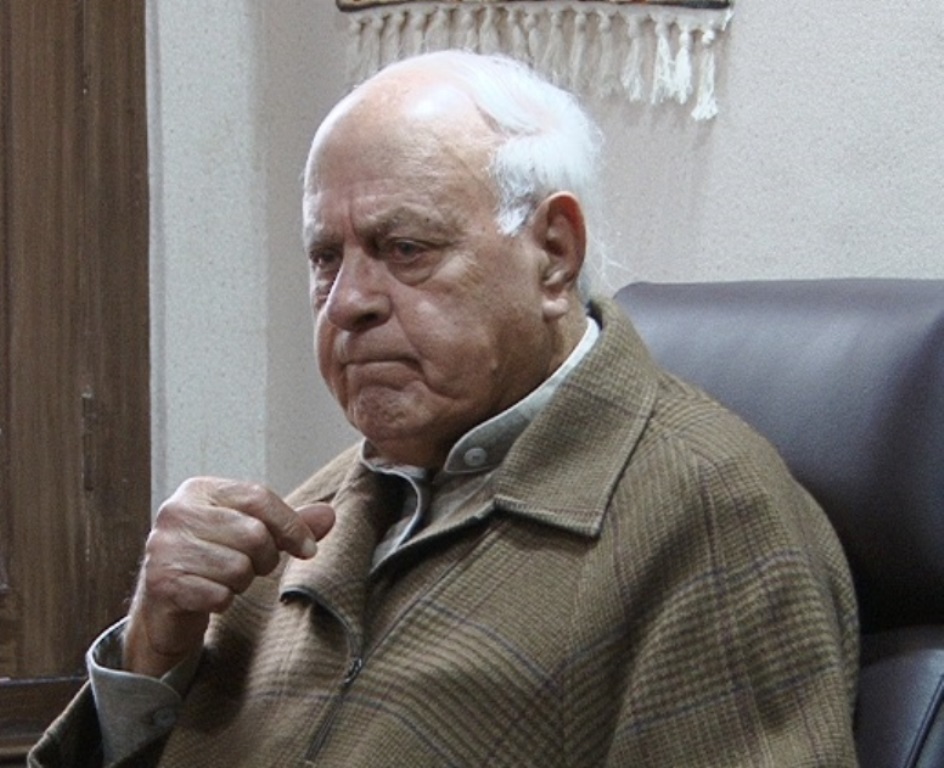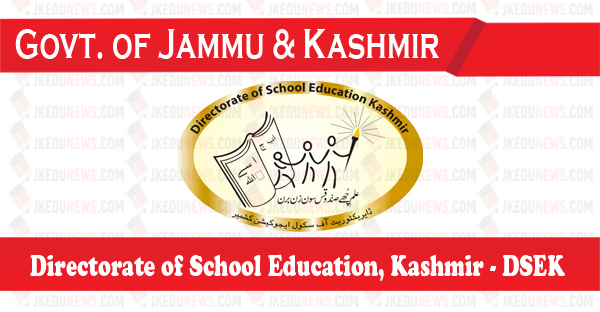SRINAGAR: BJP’s former minister who died on September 27, 2020, was always accused of flying the terrorists to Afghanistan for an exchange with the passengers on board the hijacked aircraft. In his book, A Call to Honour: In Service Of Emergent India, Singh has given sketchy details of the sensitive operation that took place under the watchful eyes of the Taliban. He has categorically rejected the idea that he had gone on his own.
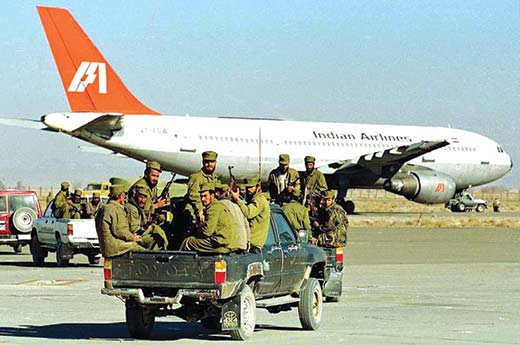
The book has not made any great disclosures about the Kandahar exchange of three prisoners with a planeload of passengers of a hijacked aircraft. However, in bits and pieces, he had tried to give his side of the story of presiding over the negotiations with the hijackers.
The hijacking was reported to the External Affairs Minister at a time when he had become a proud grandfather barely an hour back. His first response on phone to the crisis managers was that they should avoid permitted the aircraft leave the Amritsar.
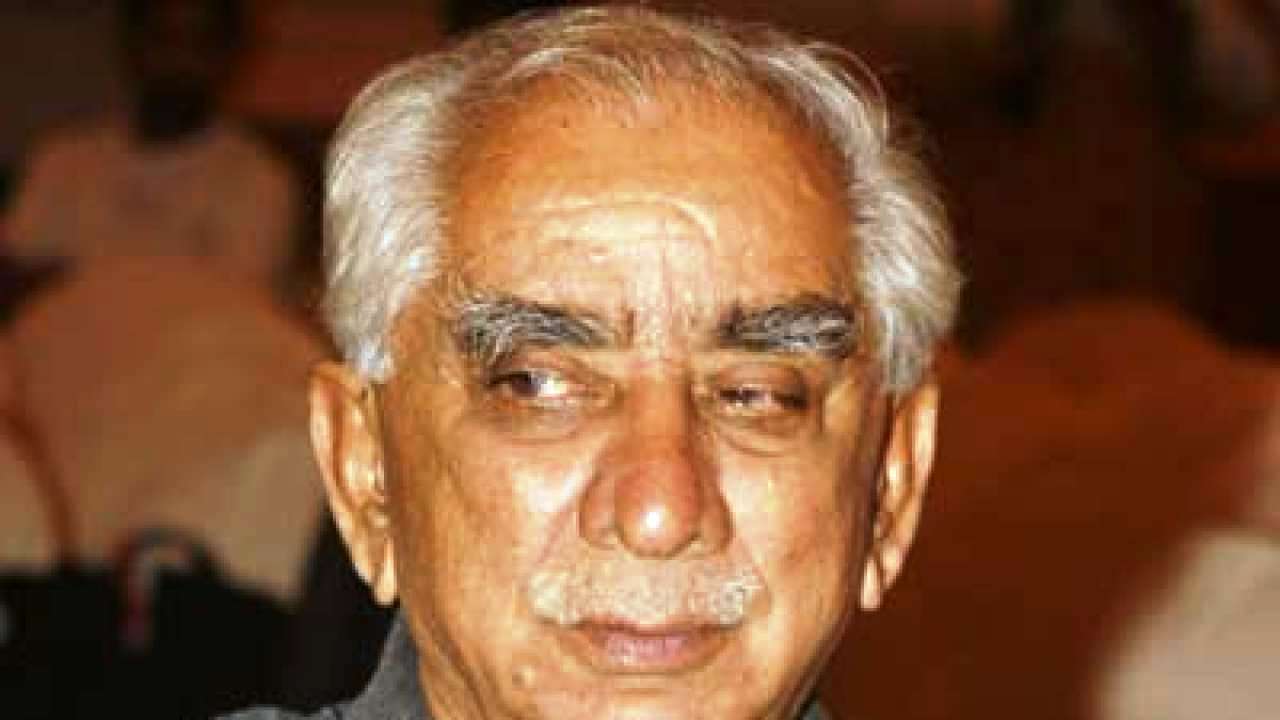
According to the book, the hijackers had demanded “dollars 200 million as ransom money, release of some 36 proven terrorists, the interred bones of one terrorist at least”. To the demand, the response from the cabinet was simple: “Reject the demands, go an tell the press in appropriate words.”
However, the relatives of the people on board the hijacked plane had come on the streets. This started creating pressure on the government.
The book reads: “I am ashamed even as I recollect how – initially perhaps spontaneously but thereafter as part of some sponsored embarrassment to the government – gangs of political activists were persuaded to block roads, interrupt press briefings and, to my mind and memory, so shamingly roll on the roads as if in a kind of collective hysteria.” He adds: “I still don’t know what they were demonstrating by this undignified and demeaning behaviour. But it certainly did succeed in shaming India, in the eyes of the international community.”
The book reveals the human side of the hijack: “The threat was real, it could not be brushed off: what if the aeroplane is blown up? I could not, in any sense, accept the responsibility of letting 166 innocent men and women and one child, some of whom were not even Indian, be blown apart on the midnight of 31 December as the millennium changed.”
“For that was the intelligence that had firmly and convincingly come our way, that if there was no resolution, the hijackers would do just that – preferably in a suicide mission, with the aircraft in the air. That was to be their welcome to AD 2000.”
“At first I stood against any compromise, then, slowly, as the days passed, I began to change”
Many years after when his Kandahar negotiating started being played against him, it became an issue. It was Singh who flew in an aircraft to Jammu where two persons – Moulana Masood Azhar and Mushtaq Ahmad Zargar – held in jails boarded the aircraft.
In his book, Singh has said he flew along with the three militants personally because the officials insisted saying they must have somebody who can decide on the spot because there was no time for “referring matter to Delhi”.
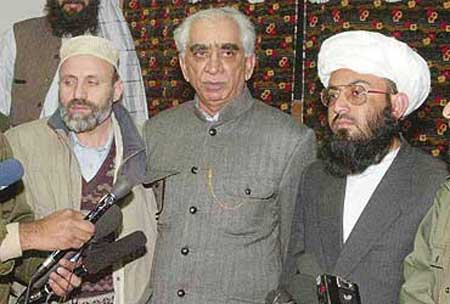
As the aircraft landed at the Kandahar airport, Singh has given a brief description of the situation.
“Some desultory talk, stilted, rehearsed and insincere. I mouthed appreciation and some (sincere) gratitude for what they had done, (well, they had actually goaded the negotiations on the hijackers at least upto a point),” the book reveals.
Soon after the arrival, he came to know of the agreement reached between two sides. First, the three detainees had to be “identified” and then the passengers were to be permitted to deboard the hijacked plane.
“This was violated. At the very last minute, this agreed- to-contract was stood on its head…. The knife was not just at my throat, it was now, yet again, on the throats of all those 161 who remained on IC-814.,” he has mentioned in the book. He has referred to the role of anti-India forces mentioning the ISI, Pakistan’s external spy agency.
“The friends/relatives of the detenues to be exchanged were brought to Kandahar by them [ISI] from Pakistan and they confirmed the ‘correctness’ of the released person. Only then were the hijackers assured that the TADA detenues brought were genuine and that a ‘trick’ was not being played upon then by the wily Indians.”
He informs: “And so there I stood in the open doorway of the aircraft even as the evening dark began to gather, gloom deepened and the cold began to close in. Finally, Muttavakil arrived.”
The book has mentioned Singh saying that during his Kandahar stay, it was revealed to him that ” one of the hijackers had mentioned that they had left a ‘millennium present for the government of India onboard the aircraft'”. He has asserted that the Taliban were unwilling to permit the aircraft takeoff home because they were delaying its refuelling saying they had to take the bag that belonged to the hijackers.
This situation led Singh to approach his Taliban counterpart, Vakil Ahmed Muttawakil. “I then advised Capt Suri that we better vacate the plane and get back to the lounge. But the Taliban authorities were still trying to see the hold and look for a red suitcase of the hijackers.”
Then Muttawakil’s drove to the airport in a red Pajero. “It could not be confirmed as to who was in the aircraft as it had tinted glasses. Capt Rao had started the engine with a jet starter and the APU (auxillary power unit) was still running. Some workers were still working in the hold and Capt Rao told me at that time that he had seen people taking every red bag from the hold and showing it to the car and taking it back to the hold.”

“Two and two put together, we both felt that perhaps either one or more or the hijackers or someone close to them who could identify the famous red suitcase were comfortably parked in that car and were trying out every red bag to identify the real bag and take it out. Capt Suri found out from a local worker that they had found one bag and there were five grenades in it.”
Singh said that the explosives apart, the “red bag” might e carrying the hijackers’ real passports too:
“In their hurry, they had forgotten it in the hold. By the time they came back to recover it, the hostages had been released. Yet Muttavakil himself acted illegally, betrayed our trust and got the hold forcibly opened and all the bags taken out,” the book reveals. “No one knew what had happened to the famous bag after it was unloaded and taken to the city”.
But his Kandahar trip was something that chased him forever. He mentions in the book that though he got congratulatory messages from the US, the opposition in India was baying for his blood.
“How, in governance, do you choose between two equally valid, and relevant ‘moral rights’? Here as posed, between the ‘right’ act of saving 166 lives, or standing up against terrorism and letting them all ‘go’, for all to die – will that be another ‘right’ act? By choosing that which is otherwise extinguished for always – life, for, in any event this fight against terrorism will continue, from one challenge to another,” the book reads. “And the other – Between public and private duty: here the calls of office or attending to a sick and lonely mother, which does one choose? This, in comparison, is easy.”
He added: “I do not really know what to term my mission – a rescue mission, an appeasement exercise, a flight to compromise or a flight to the future?”



